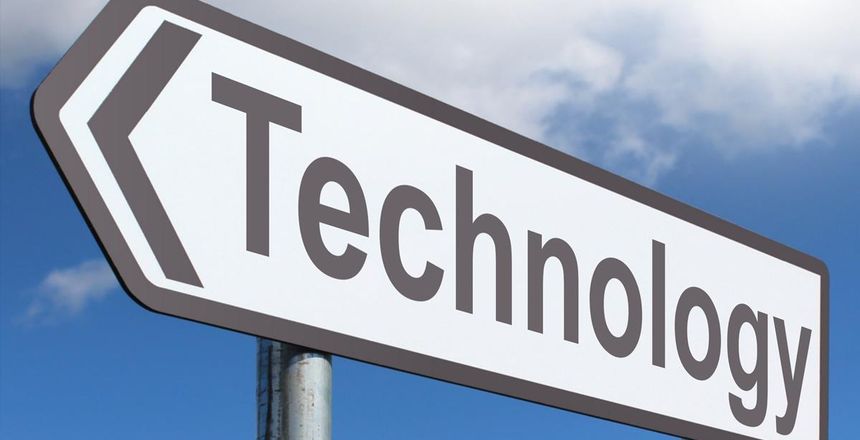News Smart WorkPlace Social Improvement
4 min.
“In this Digital era, the export of locally produced intellectual property is believed to be one of the most effective ways to grow an economy. Despite the many local software companies that are internationally active, the software industry hasn’t before been seen as a way to further develop our economy. Our mission is to promote the development of the software industry and the adoption of technology to grow our local economy.”
This quote was taken directly from the official mission statement by SIMIA, an initiative of eleven Curaçao-based software companies with a vision to harness the collaborative efforts between software companies on Curaçao. It’s an interesting point to make, because the Age of Information we’re currently living in truly does seem to offer historically unique opportunities for economic growth and independence for countries that have always traditionally been more constrained in terms of size, resources, and geography, such as the island of Curaçao. Recently, ir. I.W. van Eenennaam published an analytical paper about the potential of IT resource development on Curaçao as a major economic catalyst titled “Should IT be of national importance to Curaçao?”. This piece is an executive summary of that paper, for the original and full version you can visit this link.
The Age of Information
The Age of Information, also sometimes referred to as the Digital Age or simply the Information Age, refers to a historical period that started roughly around the mid-twentieth century. In few words, this period in history was initiated when many of the traditional industries that had been defining global economic developments since the Industrial Revolution, like coal and textile production, gradually lost economic value and importance in favor of information technology and related industries. The main stimulants of this shift are often said to be the development of the transistor in 1947 and the invention of the optical amplifier in 1957, both of which greatly contributed to the unprecedented rise of computing and fiber optic communications.
Nowadays, information technology in all its forms defines life around the world like never before. Just looking at the world’s three largest corporations by market capitalization says it all, really. Apple, Microsoft, and Alphabet (Google) are all IT companies that have grown to become richer and more powerful than a majority of nations, and perhaps in reality all nations, in the world. Controversial cases such as the Facebook-Cambridge Analytica data scandal, to name just one of many, have shown in practice how modern tech corporations can have a considerable influence on geopolitical developments in the Age of Information.
On a more positive note, the rise of tech has also created all kinds of new opportunities for communities and individuals alike, and the trend is showing no signs of slowing down. As ir. Van Eenennaam mentions in his paper, for example, employment (in the United States) of software developers, quality assurance analysts, and testers alone is projected to grow by 22% (a year) between 2020 and 2030. This translates to almost 200,000 new jobs a year for the current decade. Even more impactful is the fact that nowadays, basically, anyone with a decent internet connection and a computer can benefit from the massive and constantly growing tech industry, economically, intellectually, and socially.
So, what can this mean for Curaçao?
The idea of IT presenting a unique opportunity for Curaçao is clearly alive and kicking on the island, as various initiatives in the field have popped up over the past few years. We mentioned the SIMIA initiative at the start of this piece, but there is more. Much more.
Take, for example, Innovation C, a local initiative based on the belief that innovation comes from collaboration. As they state themselves on their website, “Share your innovations and projects with the rest of the community and get featured on our channels”. In that sense, our own recently launched platform Future Islands wants to contribute to a more sustainable future as well, not just for Curaçao but for the entire Dutch Caribbean.
Those are, of course, just a few of the many initiatives and projects related to IT in Curaçao. There is still a long way to go before the island can establish itself as a widely recognized provider of quality remote IT services, but the potential is definitely there. Local talent and business models can thrive with the support of a multilingual culture, the availability of online IT training, and an increasing acceptance of forms of remote working. Add to that the location of Curaçao, just off the coast of the South American continent and within a few hours flying of the northern Americas, and the mostly pleasant climate on the island, and it’s not too hard to see why more and more locals see its potential as a regional or even global IT hub.
The basis for this article (by ir. I.W. van Eenennaam) was originally published on www.it4curacao.com in February 2022.





